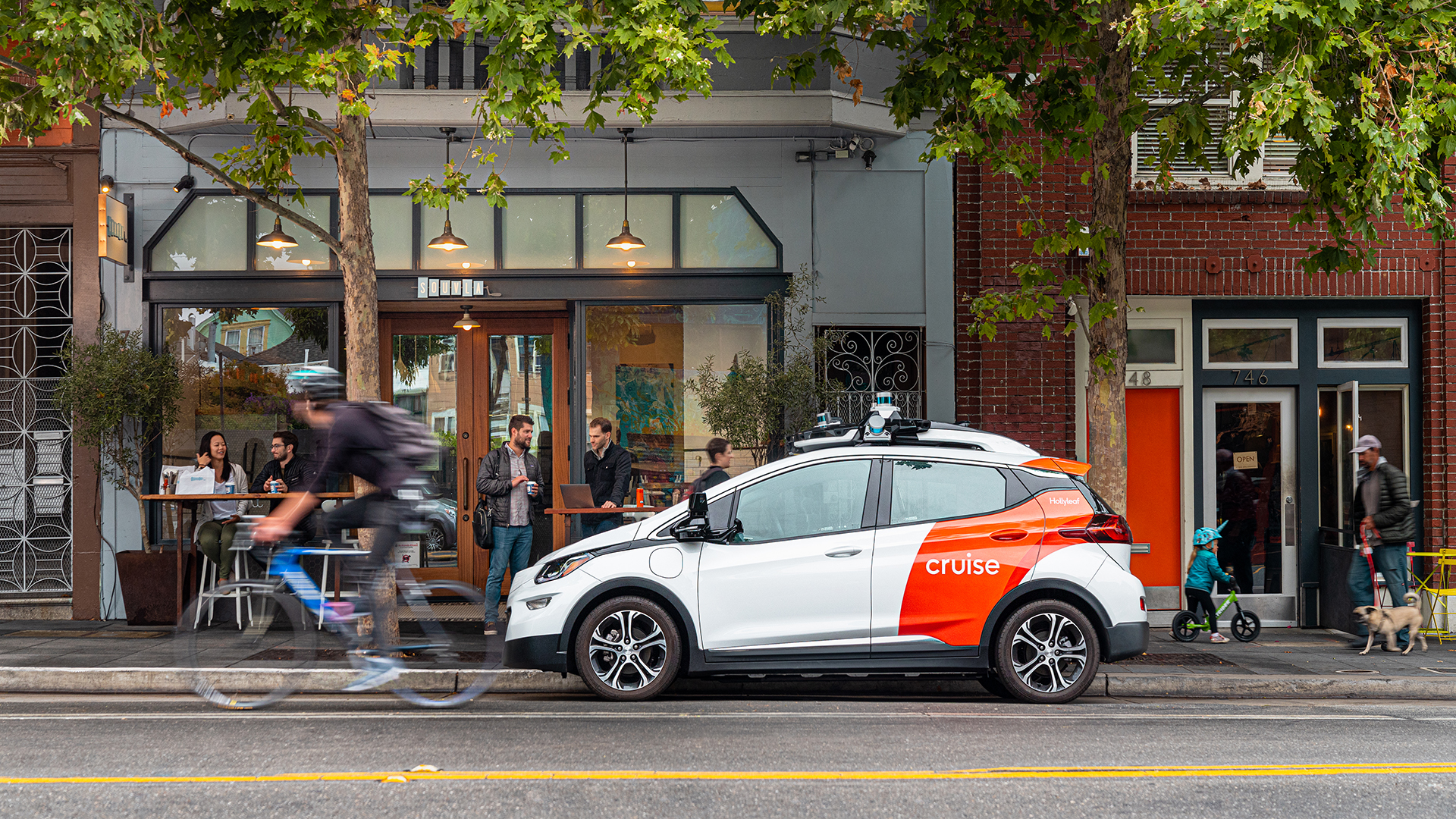
San Francisco is one of the first cities in the United States to have a commercial driverless network that is always operational. A California commission voted on Thursday to allow Google-owned Waymo and General Motors-owned Cruise to operate self-driving vehicles in the city. The heated vote, which lasted seven hours, drew almost 200 public comments. During the city’s off-peak hours, the two self-driving car manufacturers already operated a modest fleet of vehicles.
After the vote, the co-CEO of Waymo, Tekedra Mawakana, said, “We can’t wait for more San Franciscans to experience the mobility, safety, sustainability, and accessibility benefits of full autonomy for themselves, all at the touch of a button.” The vice president of global government affairs at Cruise said, “24/7 driverless ride-hail service across San Francisco is a historic industry milestone.” She added, “It allows the company to be competitive against an inaccessible transportation status quo.”
The cars were “not ready for prime time,” says the chief of the San Francisco Fire Department
The California Public Utilities Commission (CPUC) had already postponed the highly anticipated vote, which was originally set for June 29, due to San Francisco officials’ concerns about driverless vehicles. The cars, according to the chief of the San Francisco Fire Department, were “not ready for prime time.” While some disability advocates voted in favor of the motion, others opposed it. Many organizations, including the Blinded Veterans Association, the Epilepsy Foundation of Northern California, and the Curry Senior Center, supported the expansion of the programs in an open letter to the CPUC.
Several members of the blind community have stated that autonomous vehicles will help them travel because they cannot refuse passengers or refuse to transport service dogs. Some claim, however, that self-driving cars are inaccessible since they do not pick up or drop off passengers at the curb, making it impossible for blind passengers or individuals with other disabilities. CPUC Commissioner Genevieve Shiroma backed a postponement until Waymo and Cruise provided more information regarding the issues raised by San Francisco officials about the vehicles’ past. She also asked for further information on how many cars the two businesses intend to release if the resolutions are passed.
Both businesses tested their vehicles in San Francisco and want to launch a limited fleet of self-driving cars in 2020. Previously, they ran from 10 a.m. to 6 p.m. at a top speed of 30 mph.
